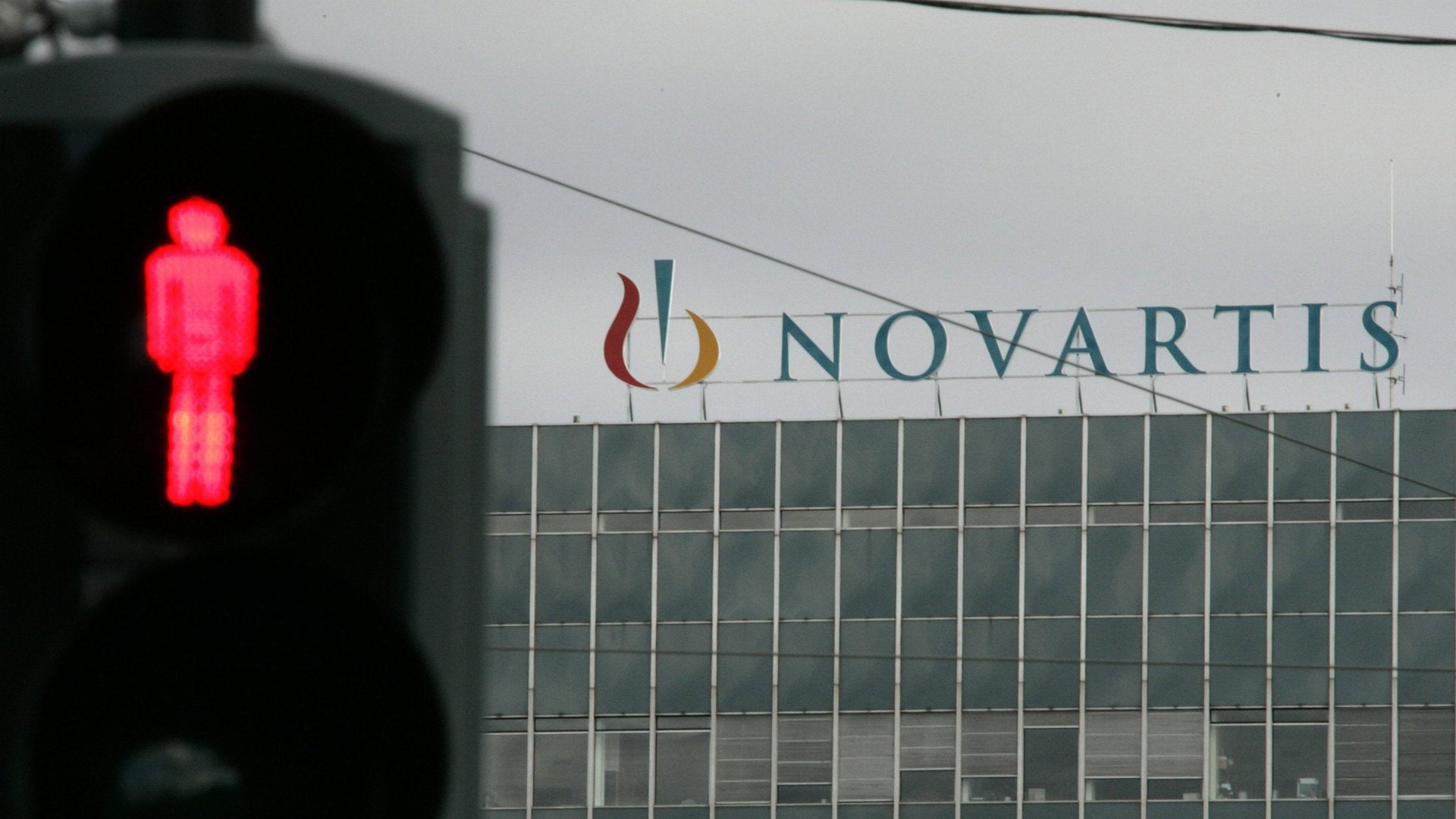Novartis sued for paying pharmacist kick-backs to get patients on its drugs
US prosecutors sued Swiss drug-maker Novartis on Tuesday for allegedly paying kick-backs to pharmacists to encourage patients to choose its drugs instead of cheaper alternatives.


US prosecutors sued Swiss drug-maker Novartis on Tuesday for allegedly paying kick-backs to pharmacists to encourage patients to choose its drugs instead of cheaper alternatives.
Novartis makes a drug called MyFortic that is taken by kidney transplant patients; it helps their immune systems accept the new organ. MyFortic competes with CellCept, a drug made by Roche. Since 2009, a generic version of CellCept has been available that costs about as half as much as MyFortic. According to the prosecutors’ complaint, Novartis made secret agreements with pharmacies around the country to give them a share of sales revenue if they would encourage patients and doctors to switch to MyFortic from its competitors. Naturally, the pharmacists did not reveal their conflicts of interest to their customers.
Nearly two dozen pharmacies participated in the scheme, netting hundreds of thousands of dollars for themselves and tens of millions for Novartis, much of which was covered by taxpayers through the Medicare and Medicaid programs, which pay for prescriptions for the elderly and poor.
In a statement, Novartis disputed the claims and and said it plans to defend itself in court. In 2010, the company settled a similar case for $420 million.
It is illegal in the US for those who influence medical decisions, including pharmacists, to receive kickbacks or other compensation in return for purchasing or recommending the purchase of a treatment paid for by the government.
It hasn’t been a good month for the Swiss pharma firm’s conflicts with its generic competitors. It lost key patent litigation in India that the company hoped would allow it to stop the manufacture of generic drugs there. The new charge shows the lengths that major pharmaceutical companies will go to protect lucrative franchise drugs against competitors, and the increasing challenge for drugmakers at a time when discoveries of blockbuster new treatments have become scarce.